He visited the United States to meet with Commerce Minister Gina Raimondo. "We had a very candid conversation," said Ms. Trevelyan on her return.
"I was very clear that if we couldn't fix the problem, the pressures for us to take compensatory measures became more severe," he added.
Ms. Trevelyan said she invited Ms. Raimondo to London in January for a detailed discussion on the matter. But until then, UK companies will be at a competitive disadvantage compared to EU-based companies.
"I am very keen to resolve this with our closest ally in the United States through the positive removal of tariffs," Trevelyan said.
He said resolving the conflict would benefit workers and businesses on both sides of the Atlantic.
While the UK was part of the European Union, Trump-era tariffs of 25% on steel exports (and 10% on aluminum exports) were applied.
The EU and the USA have now signed an agreement that will remove them from 1 January. However, the tariffs applied to manufacturers in the UK continue.
When asked why no further negotiations were held with the US before 1 January, Ms. Trevelyan said she chose to meet with the EU first, as the US is a larger trading partner.


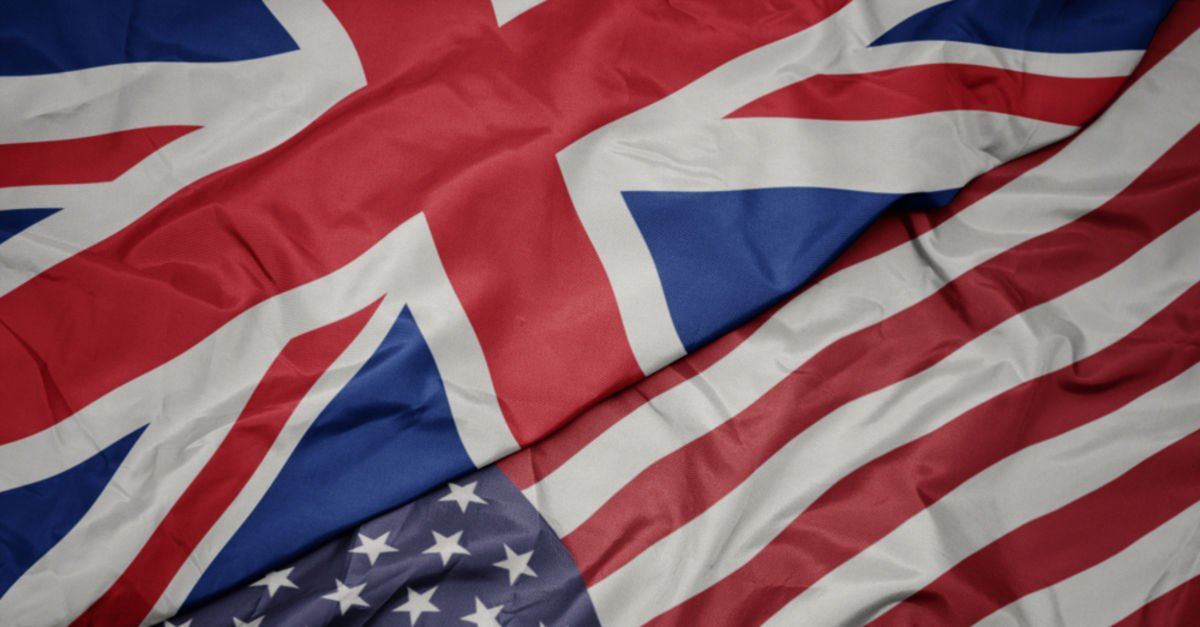
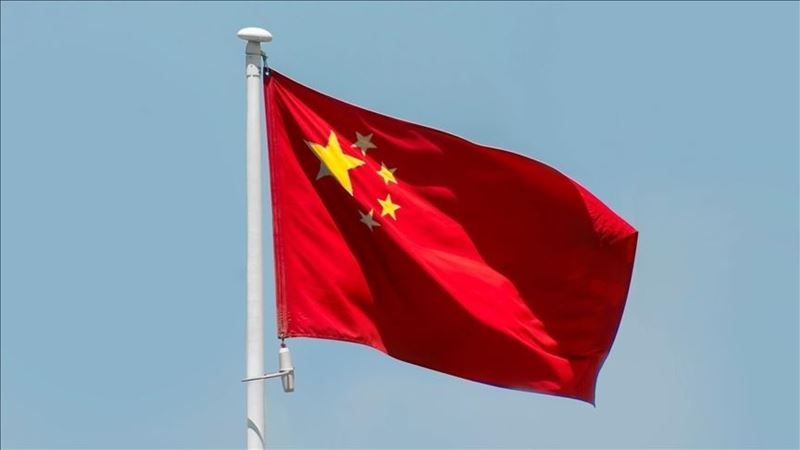
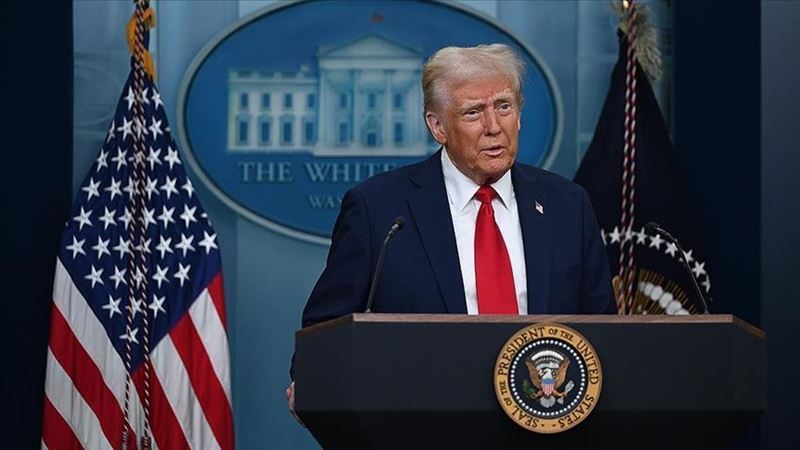
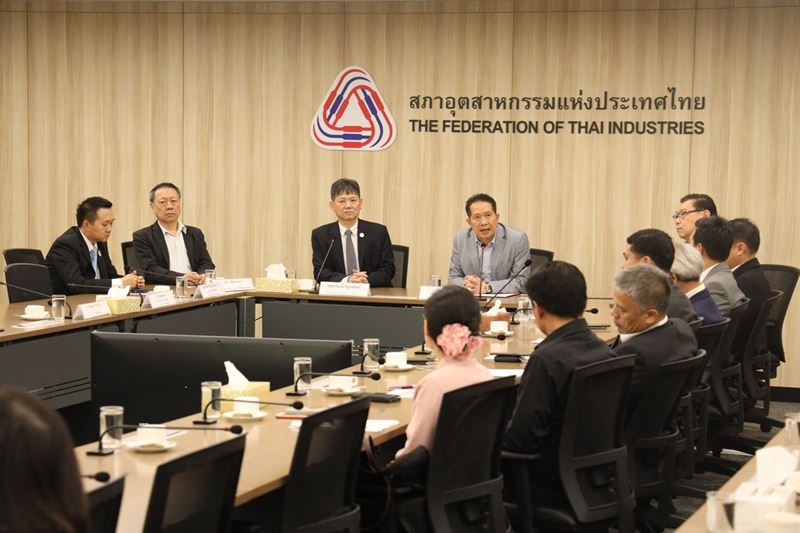
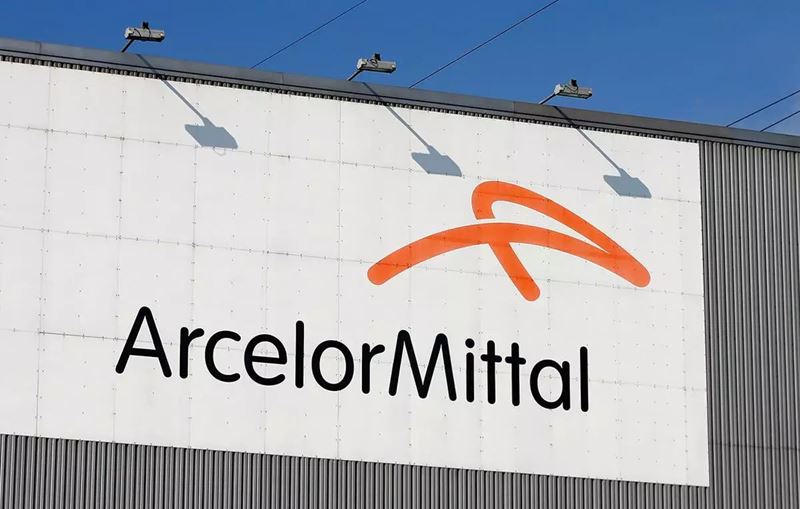
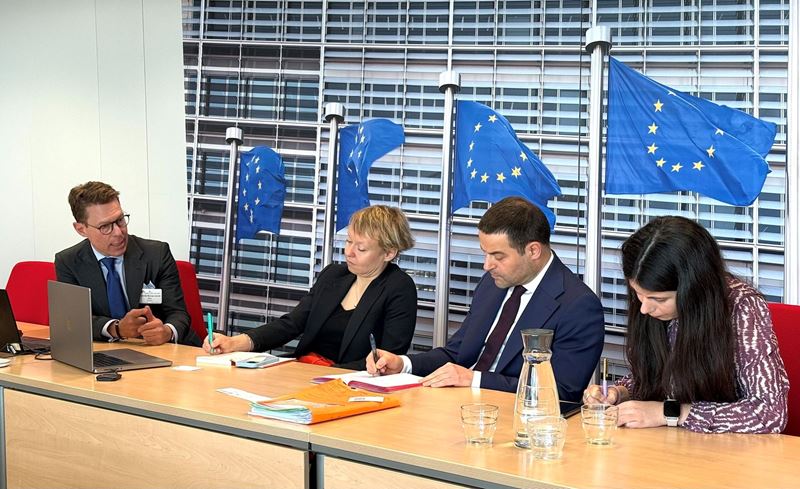

Comments
No comment yet.